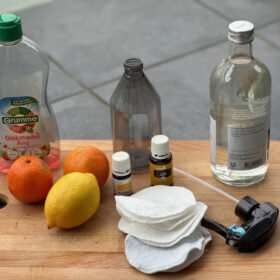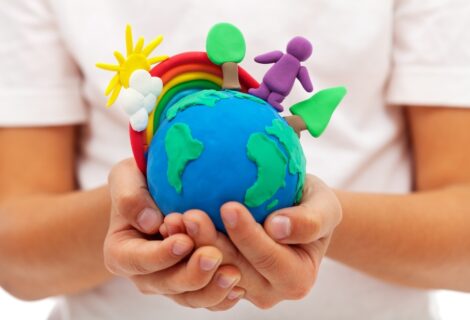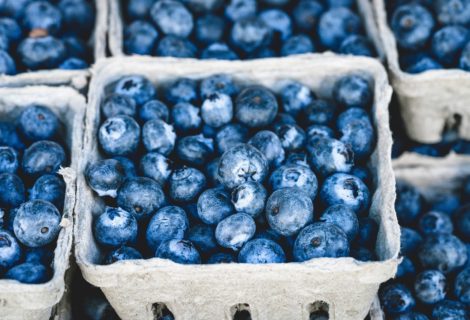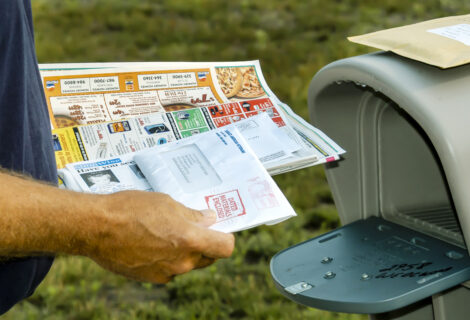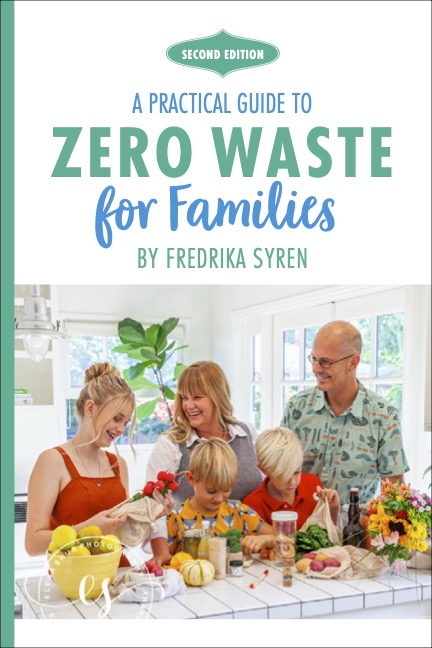We Can’t Fight Plastic Pollution with Plastic
“Recycling is better than disposal, reuse is better than recycling, but reduction is best of all. It is easier to deal with a flood by turning it off at its source than by inventing better mopping technologies.” – Donella Meadows
Last week, I attended an event where I learned about a non-profit that takes plastic caps from beer cans and turns them into plastic fillings used for roads. You’d think I would be thrilled about this idea, but instead, I feel a bit frustrated.
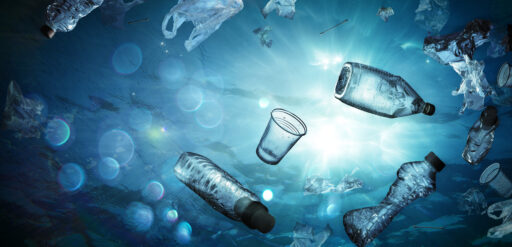
Tons of businesses and nonprofits are coming up with great ways to divert plastic from landfills to be recycled or upcycled into new products. Don’t get me wrong—I think this is a great way to make sure plastic waste will not end up in landfills and pollute the planet… at least not right away. The problem is that, although this is a way to deal with our plastic pollution problem, it’s fighting the plastic pollution problem by starting at the wrong end.
Plastic negatively impacts humans and the earth long before its use and disposal. Every stage of the plastic life-cycle impacts human health, from wellhead to production, store shelves to human bodies, and finally, waste management. Microplastics remain indefinitely in our air, water, and soil.
According to this report, 99% of plastic comes from fossil fuels. The extraction of oil and gas, particularly hydraulic fracturing for natural gas, releases an array of toxic substances into the air and water, often in significant volumes. Over 170 fracking chemicals used to produce the primary feedstocks for plastic have known human health impacts, including cancer, neurological issues, reproductive and developmental toxicity, impairment of the immune system, and more.
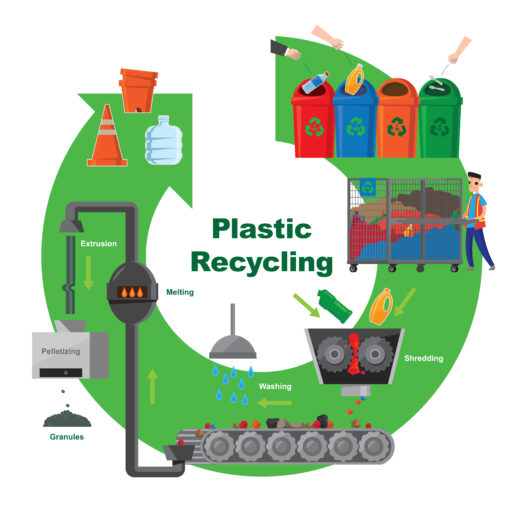
“Plastic free systems and reducing plastics at the source instead of inventing better plastic pollution mopping technologies.”
-Greenpeace.org
We need to start tackling the problem at the beginning of the value chain. We need more business models that reimagine consumption and delivery models that decrease the growth of plastic pollution in all stages, from extraction, production, and use, instead of simply focusing on what to do afterward. Corporations should be more transparent regarding the production of plastic, and they should be held responsible for the damage they help create.
When it comes down to it, consumers also have a role to play. We can choose to stop using plastic. If everyone eliminated just one piece of plastic from their daily lives, it would create a huge impact. Imagine the difference we could make by doing even more! Individual action is worth so much.
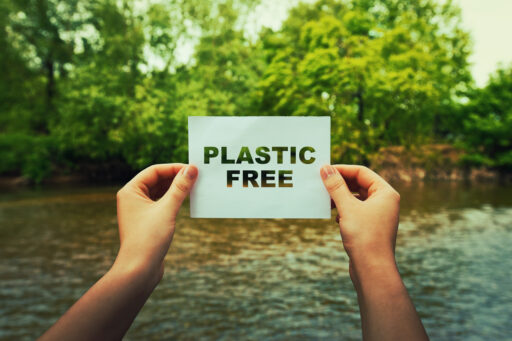
It doesn’t matter how many ways we come up with to recycle plastic or upcycle it into new products; the fact is, plastic production will double by 2050. Recycling slows the growth rate and is essential, but it doesn’t close the tap of plastic pollution.
It’s time to face the fact—consumers are being greenwashed to believe that recycling and reuse of plastic is a solution to plastic pollution. The only real solution is to refuse plastic altogether. We must question the use of single-use plastics like the plastic rings that hold beer and soda cans together. Most of these plastics are unnecessary. We need to reuse and phase out all new plastics and oppose the notion that we can fight plastic with more plastic.
To learn more about the harm of plastic check out my post the inconvenient truth about convenience of plastic and I also shared 20 ways to reduce plastics.



